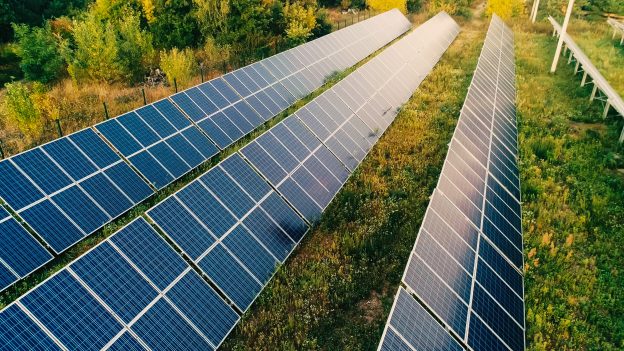
Polysilicon
Polysilicon prices continued to rise this week, with overall mono polysilicon quotations maintaining at roughly RMB 267/kg and are gradually approaching the high price point back in 2021. Most polysilicon businesses have signed for their June orders this week, and the volume of available orders for June has dropped marginally due to excessive signing, where individual orders have been signed until mid-July under the current excess demand status. The main reasons lie on the higher operating rate seen from the wafer segment, coupling with how the release of expanded capacity has amplified polysilicon demand, and that the currently restricted polysilicon output is unable to fulfill demand, which provides a support for an increment in polysilicon prices. Polysilicon prices are expected to climb sturdily during mid to late-June due to sporadic and urgent orders.
An observation on the production, operation, and shipment status of the polysilicon segment indicates that most of the new capacity added previously has now attained a full load status. Expanded polysilicon capacity from GCL (Leshan), Xinte Energy (Baotou), and Tongwei (Inner Mongolia) is going to commence production in the third quarter, and is scheduled to arrive at the targeted level during the fourth quarter at the earliest after taking into account the time required for capacity increment. The increase of polysilicon will be restricted for the third quarter, and the excess demand status will persist if the wafer segment is still maintaining a higher operating rate that would provide dynamics for price increases.
Wafers
Wafer prices remained leveled to that of last week, where M10 and G12 were respectively concluded at a mainstream price of roughly 6.78/pc and RMB 9.12/pc. The recent earthquake at Ya’an, Sichuan, is reported to have yielded a smaller impact on the output of various wafer businesses in the province, and has yet to significantly affect wafer prices. The release of expanded wafer capacity has fallen below expectation due to confined polysilicon output and the previous ramifications from the pandemic, and wafer businesses are still holding onto a reasonable range of inventory as they are unable to ramp up the overall operating rate. The market is sitting on a largely balanced supply and demand, with cost of silicon lingering at an obstinately high level, and wafer prices would remain stabilized for the short term.
Cells
Cell prices had slightly fluctuated this week, with mono-Si M6 carrying on in ascension. Mono-Si M6, M10, and G12 cells were respectively concluded at a mainstream price of approximately RMB 1.16/W, RMB 1.185/W, and RMB 1.17/W. Most June orders had been signed, and there were fewer new orders this week. A number of businesses, due to a thriving demand for large-sized cells previously, have upgraded their M6 production lines, which led to a continuous reduction in M6 capacity and scarcity in market resources, where the prolongation of partial demand has manifested slight constraints in supply. A segment of urgent orders have thus risen their prices. The excellent end demand as projected, together with the larger room for profitability, are prompting most first-tier businesses to operate under a full load status, and these businesses should have no intention in lowering their prices in the short term due to cost pressure.
Modules
Module prices continued to remain sturdy this week, with mono-Si 166mm, 182mm, and 210mm modules respectively concluding at a mainstream price of roughly RMB 1.88/W, RMB 1.91/W, and RMB 1.93/W. Module orders for June, after a period of bargaining, are starting to conclude this week at prices that are predominantly leveled to that of last week. The downstream sector is slower towards procurement on modules due to their higher prices right now, and exerts a significant level of over-the-fence sentiment that provides insufficient dynamics for price increment. For the overseas markets, export orders to Europe remain smooth under continuance of demand, while N-type modules saw no apparent fluctuations in quotations this week at about RMB 2.05-2.15/W.
In terms of auxiliary materials, glass prices had remained robust this week, where 3.2mm and 2.0mm glasses were respectively concluded at a mainstream price of roughly RMB 28.5/㎡ and RMB 22.5/㎡. Module houses have been sluggish in recent purchase demand, and are prioritizing on reducing their previously accumulated inventory, while production lines that were ignited earlier have been successively attaining production targets. The continuous increase in provision is inhibiting inflation dynamics, and glass prices are expected to stabilize in the short term under cost pressure.







